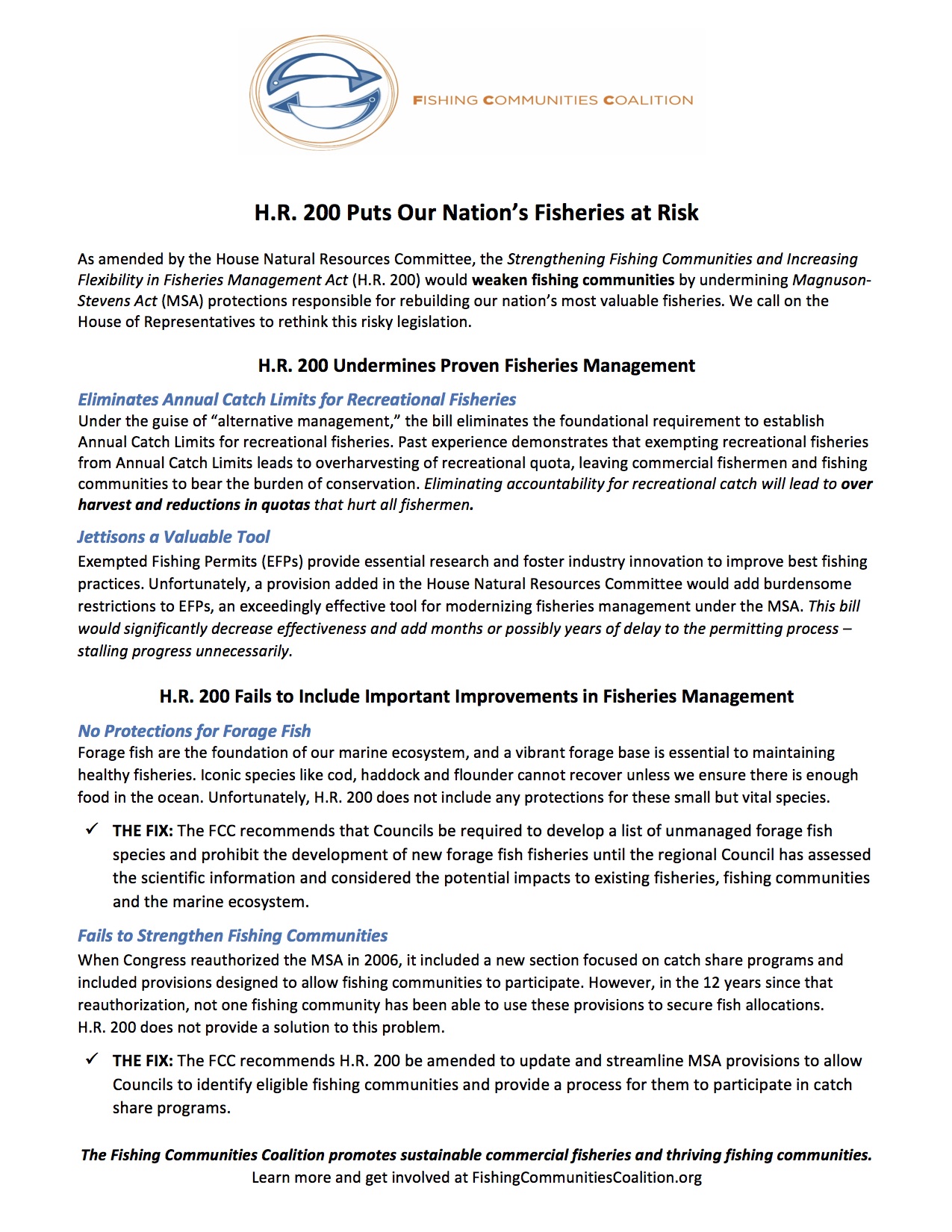On the Brink: The Lynchpin of New England’s Fisheries
By Ben Martens
Atlantic Herring, while small in stature, loom very large in New England’s marine economy. These teeming schools of silver forage fish serve as the lynchpin of the marine ecosystem as they are the food that sustains a wide range of species including tuna, cod, striped bass, sharks, marine mammals and birds. Herring is immensely important to the ecosystem, it is also used as a source of bait for many fishermen, with the majority of that flowing into Maine’s $500 million lobster fishery. Which if lost, would be devastating for the state.
That’s why all New Englanders – particularly the men and women who earn their livelihoods on the water – should be deeply alarmed by the latest assessment of regional herring stocks, which confirms the fishery is on the verge of collapse.
The decline of Atlantic herring represents an existential threat to many New England fisheries and the fishing families who depend on them for their livelihoods. Without food in the ocean, without bait in the traps, the ecosystem and the entire fishing economy of new England begins to crumble. Because of this, commercial fishermen have been calling for stricter accountability, better data, and proactive management for over a decade to protect the bottom of the marine food web. Decisive action should have been taken to ensure that abundant forage and bait was protected in the waters off New England’s coast. Unfortunately, the small gains made only delayed, and were not enough to prevent, a fishery that is on verge of collapse.
We missed opportunities previously, let’s not miss the one that is before us today.
Thanks to nearly 15 years of work by fishermen, public officials and everyday citizens who care deeply about New England fisheries, the New England Fishery Management Council will meet in Plymouth, MA on September 25 to vote on new management measures. The vote will hopefully prevent the collapse of Atlantic Herring and begin the long, slow process of rebuilding the foundation of the ocean food web. Included in these measures are regulations that would force large industrial trawlers offshore and a change in the scientific process that would establish a baseline of management for forage considerations.
It is deeply unfortunate that this situation has been allowed to reach a crisis point. In the 1960s, foreign trawlers practically wiped out herring in the region. Our fishermen and fishing communities bore the brunt of the devastating impact as the collapse of herring reverberated throughout the rest of the ecosystem. In response, Congress created a 200-mile limit for foreign fleets, but even then, it took close to two decades for herring to rebound.
Today, we have even more to lose and it is our own mismanagement that is allowing it to happen. In New England, we have put strict regulations in place to control fishing effort on species like cod, bluefin tuna, and haddock but continue to ignore the importance of protecting what those species need to eat – herring. Catch levels have skyrocketed by tons upon tons based upon poor science and with no regard for the consequences we are now facing. The piper has now come to collect what he’s due.
Scientists have analyzed the data. New England’s herring stock is in dire straits.
The Council must act to protect New England’s fisheries, not bend to pressure and ignore what is happening to the most important fish in our waters. Too much damage has already been done and maintaining the status quo will result in disaster.
Ultimately, the effective management of Atlantic herring is fundamental to the health of New England’s ecosystem, providing an abundant bait source, and supporting jobs and communities that depend on them. Fresh, healthy seafood requires sustainable management of the entire ecosystem. Amendment 8 is necessary to right the ship – there is no time to waste.
Ben Martens is Executive Director of the Maine Coast Fishermen’s Association, a member of the Fishing Communities Coalition





